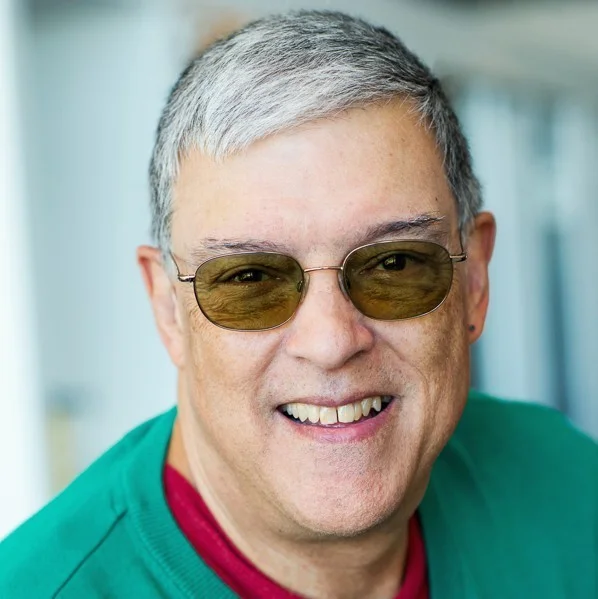
David Both is an Open Source Software and GNU/Linux advocate, trainer, writer, and speaker. He has been working with Linux and Open Source Software since 1996 and with computers since 1969. He is a strong proponent of and evangelist for the "Linux Philosophy for System Administrators."
He has written articles for magazines including, Linux Magazine, Linux Journal, and OS/2 Magazine back when there was such a thing. He currently writes prolifically for OpenSource.com. He particularly enjoys learning new things while researching his books and articles, building his own computers, and helping his grandchildren build their computers. He has found some interesting
and unusual ways of problem solving, including sitting on one computer on which he was working.
David has published five books with Apress. Four solo works, “The Linux Philosophy for SysAdmins,” August 2018, and a three volume self-study training course, “Using and Administering Linux — From Zero to SysAdmin,” released in December, 2019. He has also written one book with co-author Cyndi Bulka, "Linux for Small Business Owners" that was released in 2022.
David currently lives in Raleigh, NC, with his amazing and supportive wife, Alice.
He can be reached via email at LinuxGeek46@both.org or on Mastodon at @LinuxGeek46@linuxrocks.online.

Authored Comments
Great story! Us geezers have to make sure the youngsters don't have all the fun! My mother, who turns 96 on Friday still uses the Linux machine I built for her several years ago. She started learning computers in her 70's. Hmmm - there might be another Linux story there.
Thanks! I am glad you found it interesting.
The more recent versions of Linux maintain the pseudo terminal devices in the /dev/pts directory. These devices are only created as they are needed when a new terminal session is created. So there is no permanent list of the pts devices.
To determine the pts device for a specific open terminal session, use the "who am i" command just as you would for one of the virtual consoles.
# who am i
root pts/3 2015-09-28 07:50 (:0:S.1)
In this case the terminal session is /dev/pts/3.
I hope this helps.